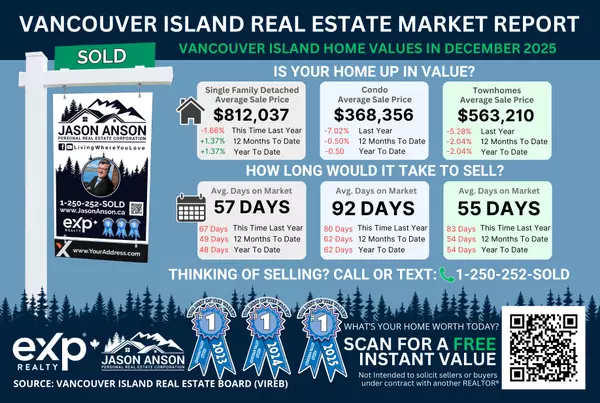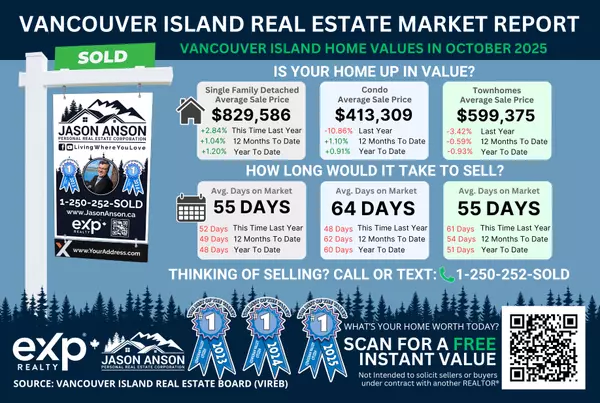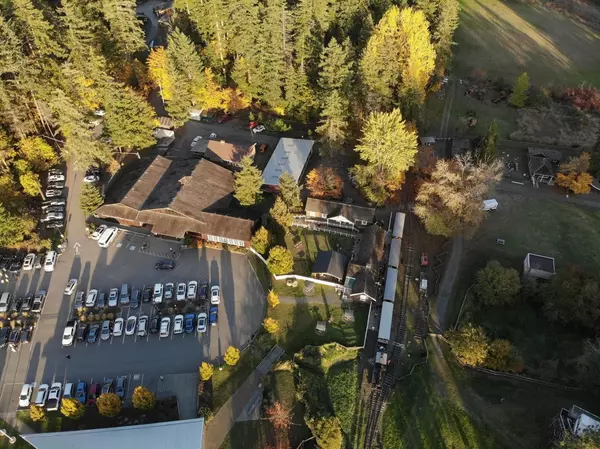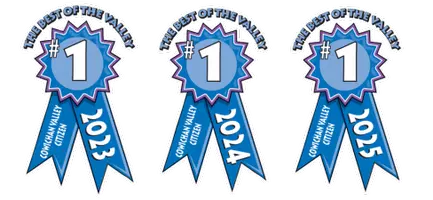The Cost of Living on Vancouver Island

If you’re considering a move to Vancouver Island, you may be wondering about the cost of living. Here’s a breakdown of some common expenses to help you budget for your new life on the Island.
Housing: Vancouver Island is home to some of the most expensive real estate in Canada, particularly in cities like Victoria and Nanaimo. Prices have been rising steadily in recent years, so expect to pay well over $1,400/month for a one-bedroom apartment. If you’re looking to buy a house, be prepared to spend at least $600,000.
Transportation: With most cities and towns being located along the island’s coast, having a car is essential for getting around. Gas prices are similar to what you’ll find on the mainland, but depending on where you live, public transit may not be an option. If you are planning to rely on public transit, make sure to check the schedules and routes before making the move.
Food and groceries: Food costs on Vancouver Island are similar to what you would find in any other Canadian city. Expect to spend around $500/month on groceries for one person. Eating out can be expensive, especially in tourist areas like Victoria’s Inner harbour.
Categories
- All Blogs (78)
- BC Property Tax Search (10)
- Cost of Living on Vancouver Island (2)
- Living on Vancouver Island (26)
- Most Affordable Communities in Campbell River (1)
- Most Affordable Communities in Nanaimo (1)
- Most Affordable Communities in Parksville and Qualicum (1)
- Most Affordable Communities in the Comox Valley (1)
- Most Affordable Communities in the Cowichan Valley (1)
- Most Affordable Communities in the North Island (1)
- Most Affordable Communities in the Surrounding Islands (1)
- Most Affordable Communities on Vancouver Island (1)
- Most Expensive Communities in Campbell River (1)
- Most Expensive Communities in Nanaimo (1)
- Most Expensive Communities in Parksville and Qualicum (1)
- Most Expensive Communities in the Comox Valley (1)
- Most Expensive Communities in the Cowichan Valley (1)
- Most Expensive Communities in the North Island (1)
- Most Expensive Communities in the Port Alberni Area (2)
- Most Expensive Communities in the Surrounding Islands (1)
- Most Expensive Communities on Vancouver Island (1)
- People’s Choice Awards (10)
- Real Estate Market Guide (6)
- Vancouver Island Real Estate Market Reports (3)
- Youbou Real Estate Market Reports (3)
Recent Posts










Thinking About Selling or Buying?
Market conditions change quickly and what looks like a sellers’ market today may balance out in the months ahead. If you are planning to sell your home or purchase a property, having the right data and strategy at the right time is key.
I provide custom Market Movement reports and strategy sessions so you understand exactly where your property stands before making your next move. Connect with me below to get started.


